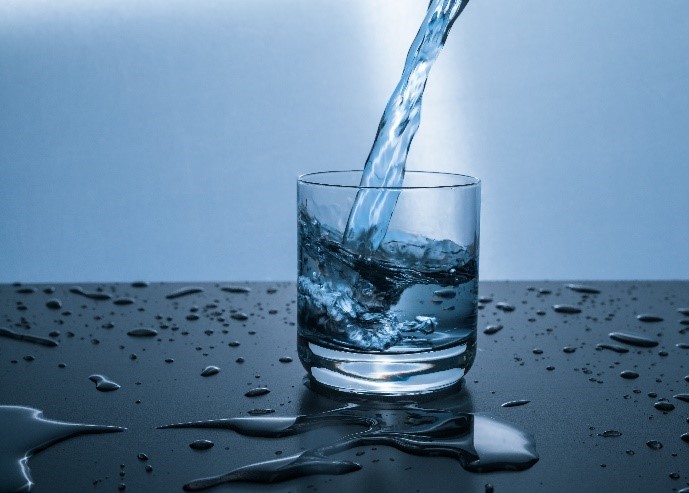
What types of complications can result from excess fluid intake?
While healthy kidneys can remove excess fluid from the blood, kidneys with reduced function hold on to excess fluids and waste. Drinking too much fluid can cause swelling and increase your blood pressure, which can lead to complications of the heart. Excess fluid can also build up in the lungs, making it harder to breathe.
Fluid Recommendations for Hemodialysis vs. Peritoneal Dialysis
Hemodialysis is usually performed three times per week. This means that between sessions, excess fluid and waste remains in the blood. During sessions, hemodialysis removes fluid as blood is filtered through the dialysis machine, but there is a limit to how much fluid can safely be removed during one session. This being said, it is very important to stay within your recommended fluid intake.
With peritoneal dialysis (PD), fluid recommendations are less strict because PD is performed everyday and excess fluid and waste does not build up as much. However, it is still recommended that patients on PD track their fluid because too much can cause complications like swelling, high blood pressure, and shortness of breath.
What counts toward my fluid intake?
While drinks may be the first thing to come to mind when you think of fluid, there are many other things that count toward your intake of fluid. Anything that is liquid at room temperature counts as a fluid, meaning foods like ice pops, ice cream, gelatin, and soups all count.
Tips for Managing Thirst
How much fluid is too much?
Everyone has specific recommendations, so be sure to discuss with your dietitian how much fluid you should be having each day.